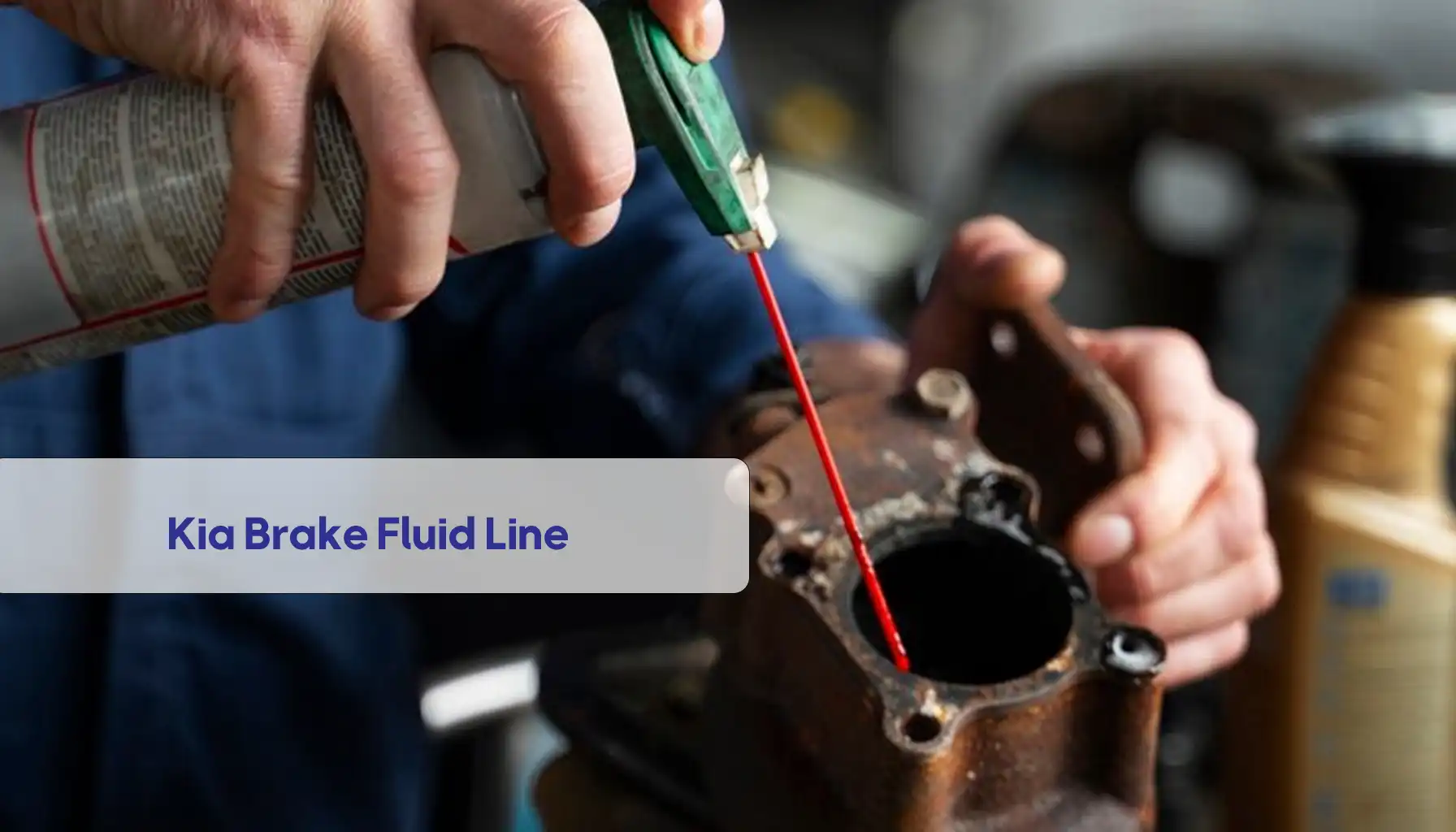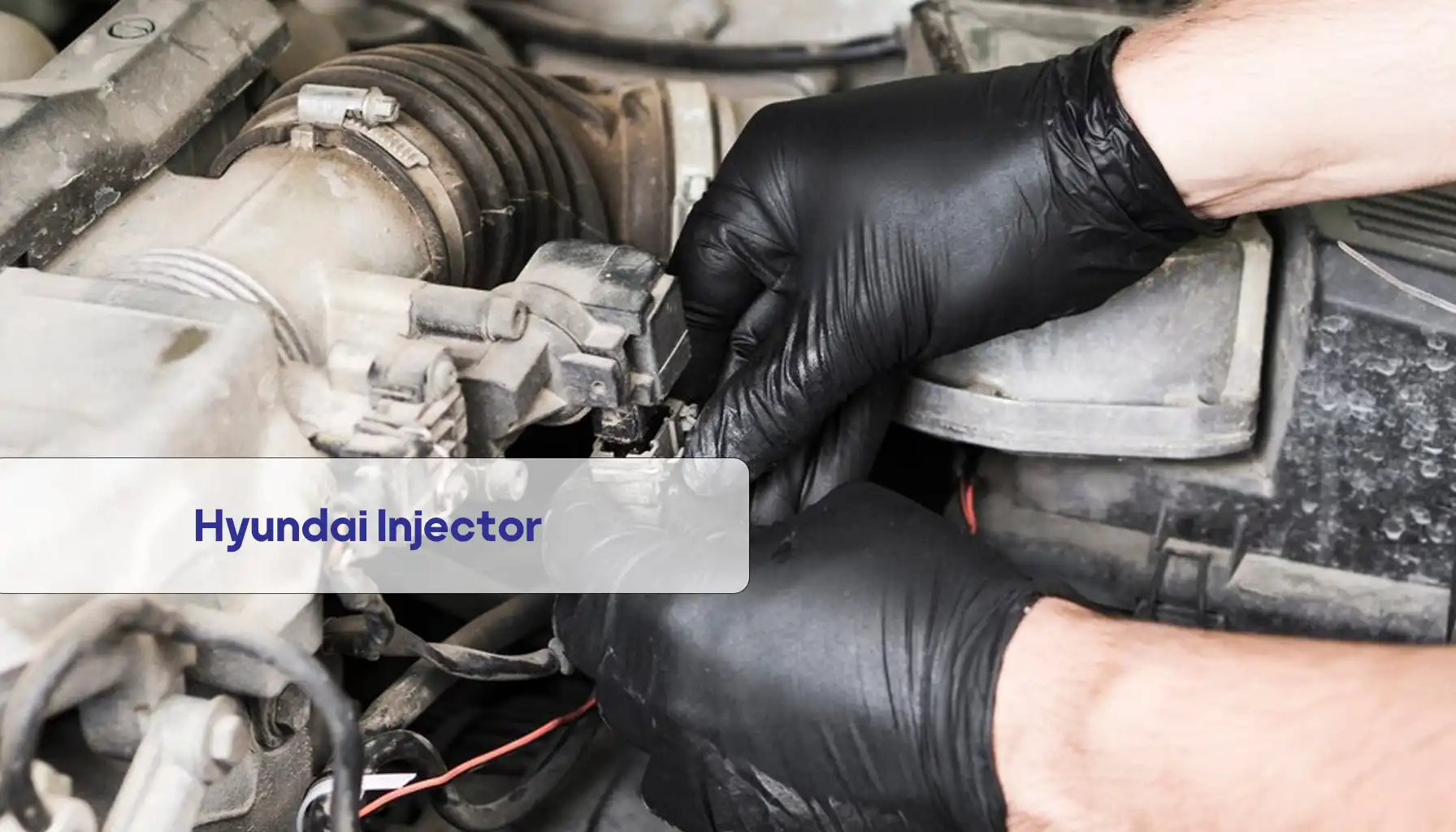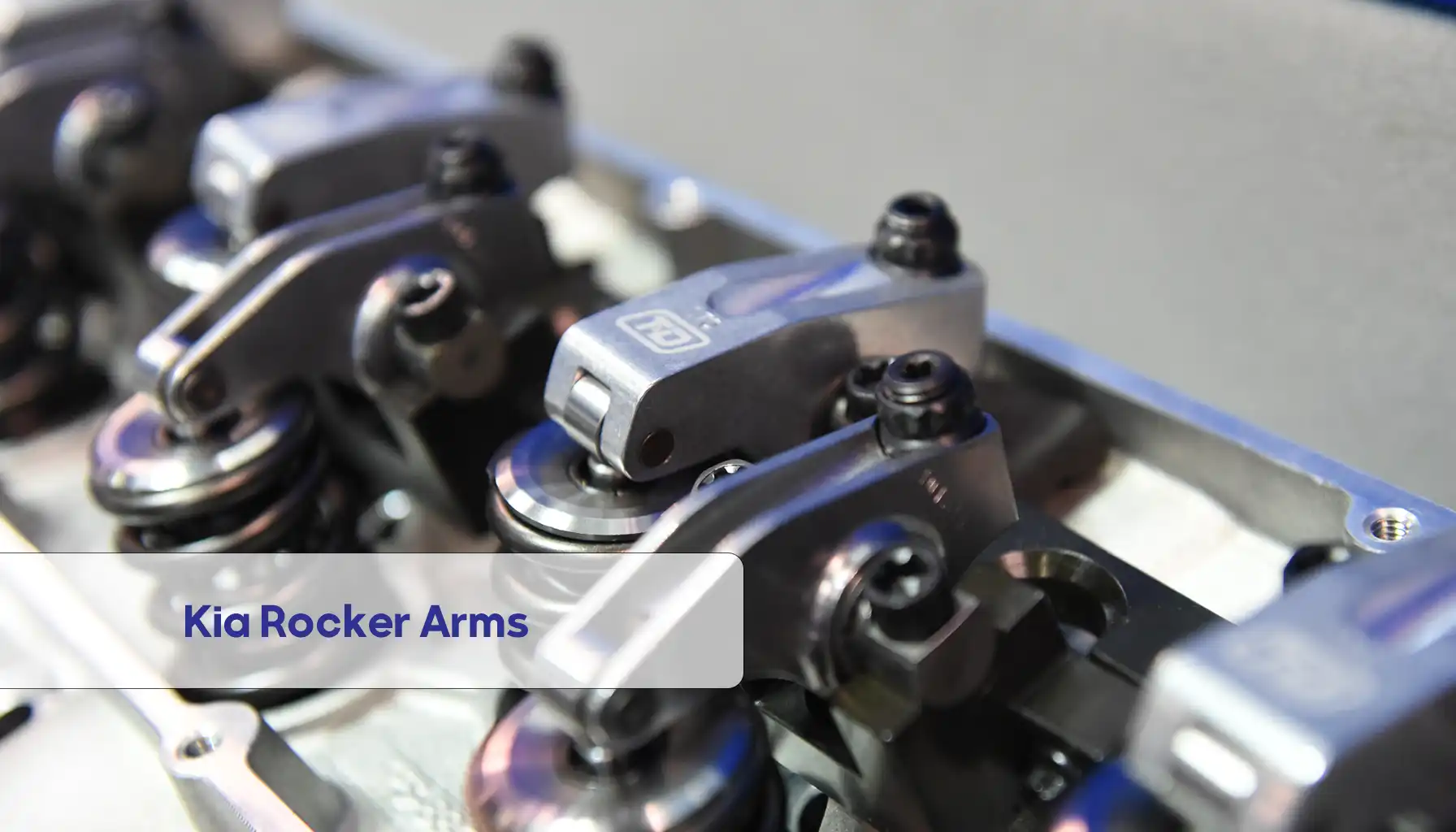Envision the scenario: It is the middle of the extremely hot July day in Dubai, and the temperature is above 47°C. Your Hyundai’s engine is doing what a typical modern Formula 1 mill does, an absolutely massive and complex task, just to let you have some comfort in the heat of the traffic jam. Well, what if we would look at the other side of the story: What is actually going on inside the engine block? Surely, metal parts are heating up and simultaneously are increasing the contact between each other thus greatly increasing the friction.
Moreover, only a very small amount of oil that is situated between the parts is what stands between damaging the parts of the engine and the engine working properly.
The car scene in the UAE has changed substantially over the last years. The question could have been which one of the Japanese brands is the most reliable one on the highways of the UAE and which comes from Korean side that is the thriving technology of the two will be the one to dominate. But, w hat we see now is that the Korean car manufacturers especially Hyundai are the ones that are leading the game not only in the UAE but in the whole Middle East region with the most advanced technology and features while being very economico of fuel consumption.
Not just that Hyundai is selling very well in the region, they are raising the standards of the Middle Eastern value-conscious drivers what they should be expecting from Korean engineering that is cheap but still very good. The point that many people don’t know is that the long life of your Hyundai is not set in stone by the factory in Ulsan but it is extended every time when after each 5000 kilometers you decide on the follow up procedure.
Traditionally engine oil, which is just a basic mechanical part, is transformed in the UEA into a liquid armor one. This anharmonic environment is pushing engines to their extreme.
Ultra-fine sand particles are getting through every tiny crack. Heat cycling which we all know as the cause of molting, cracking, and warping is here for the daily endurance tests. The performance at very high speeds over long distances between the different emirates is a good way of testing what the toughest maneuvers on any European autobahn are worth.
Maybe this is the reason behind the selection of the best engine oil for Hyundai cars in the UAE, which is not only about routine maintenance which means no less than a million routine maintenance done daily.
The reliability it brings with it is an investment, a protection from premature wear and in the end, it could be the line that separates a vehicle that will be loyal and provide the service for over 300,000 km and another one that will much likely give you up at the 150,000 mark. Arsintrading.com was the very reason that caused this successful history of continuation and spread of the genuine OEM-grade lubricants and parts flow in independent workshops and fleet operators in Dubai, well before the Burj Khalifa was constructed. They know that the situation of soaring temperatures, roaring engines, and the ensuing chaos can only be salvaged by the right oil between you and the costly rebuilds.
Engine Oil for Hyundai: Understanding Your Korean Powerplant’s Needs
Just to set things straight with your Hyundai engine – it is not just a run-of-the-mill one, but rather precision engineering that is designed with very specific elements such as tolerances, clearances, and thermal characteristics.
Anyway, whether making a quick run for the market in the zippy i10 through Deira’s cramped alleys, or allowing the Santa Fe to roam freely the vast Empty Quarter, in both scenarios the engine oil for Hyundai vehicles must be of the same standard. In reality, the Korean engineers did not put the viscosity grades at random on the labels; they arrived at them through calculation that takes into consideration expansion coefficients, bearing loads, and heat dissipation rates that in turn will guarantee are at their optimum performance.
Also Read: Common Problems of Hyundai Santa Fe
The dependency of the engine on its oil is very much like a careful choreography dance. On the negative side, launching the engine in conditions of very low temperature will turn to be extremely difficult, performance and power/weight ratio will heavily decline, while oil pressure will reach levels that can be very risky and result in breaking of the oil circuit as well as engine all together. On the positive side, operations in this manner will be gently done, the engine will run efficiently and in low power consumption and wear will be unnoticeable and slow.
However, in the case the oil being used is of too low viscosity, then during overheating the metal surfaces will be more exposed to friction causing serious destructionas the components start to wear down at a very high rate similar to how fast desert winds blow against limestone lowering its height. This explains the reason behind Hyundai prescribing exact oil grades for every model – not as a mere suggestion, but as engineering mandates emanating from thousands hours testing in conditions closely resembling our Gulf climate.
Which Engine Oil is Best in UAE: Climate-Specific Considerations
Asking “which engine oil is best in UAE” is not quite the same as asking anywhere else. Products that are suitable for winters in Seoul or the mild climate of California are not at all appropriate for a place where the temperature can go up to 45°C and the humidity can vary from very dry desert air to saturated atmosphere near the sea.
The engine oil you use here has to be one that can do three things at the same time: it should be able to cool the parts that are heated more than in any other place; it should also be able to keep the sand particles that inevitably get into the machine even though the air is filtered; finally, it should be able to keep the same thickness while other oils would separate into liquid that has no use.
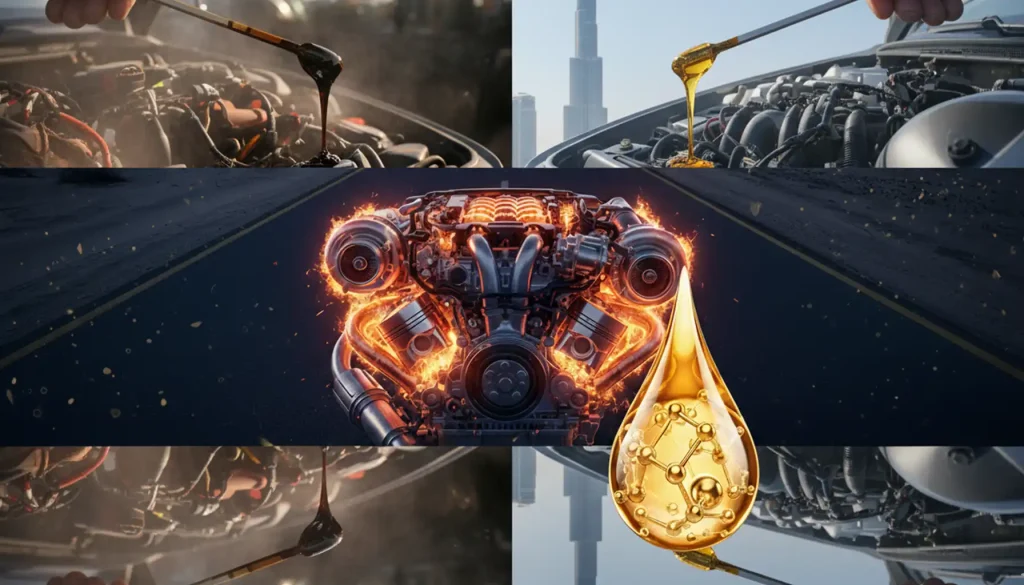
Due to the extreme UAE conditions, the oil is undergoing what the tribologists call “accelerated aging” — oil molecules literally tear apart faster under our relentless heat. This is not a marketing hype; rather, it is measurable chemistry.
Quality engine oils made with the Middle Eastern market in mind consist of enhanced additive packages: more detergents to fight carbon accumulation due to the stop-and-go nature of the traffic, very good anti-oxidants to prevent thermal breaking, and viscosity index enhancers that still keep the protection going if you start the car in the cold winter of Ras Al Khaimah or are driving uphill Jebel Hafeet in August. Independent suppliers like Arsintrading.com know all about these demands of the region and hence keep the stocks of oils that are not only compliant with Hyundai’s specifications but also can withstand the UAE’s tough conditions.
Read About What You Need to Know About Kia Oil Filters
5w30 Engine Oil for Hyundai: The Universal Champion
If you go to any Dubai garage, you will come across 5W 30 engine oil for Hyundai as the most popular type. There are very good reasons for that. The viscosity unit in question is a perfect balance between cold-flow protection and stability at high temperatures, and as a result, it is the best choice for most of the latest Hyundai engines running in the UAE. The “5W” stands for winter viscosity (yes, we do have cool mornings), and thus the engine will be able to take the minimum wear during the times when we start the car at 6 in the morning in January.
The “30” is the indication of the viscosity that the oil has at the operating temperature of the engine, and thus it is able to keep the necessary protective layer when the engine is heated to 90-100°C.
However, not every 5W-30 oil is the same. Synthetic versions have molecular uniformity, and hence they can do what conventional oils cannot, i.e., they can provide longer service intervals and better protection during extreme conditions. For Hyundai’s GDI (Gasoline Direct Injection) engines which are the source of emissions of new Elantras and Tucsons, the use of low-SAPS (Sulfated Ash, Phosphorus, Sulfur) is recommended, as the formation of deposits on the intake valves can be prevented which is the most common problem that the direct-injection systems face. It is not only about the specs, but also about knowing the reasons why the engineers at Hyundai decided to set these parameters and how the UAE conditions make them even more critical.
Hyundai Engine Oil Capacity Chart: Know Your Numbers
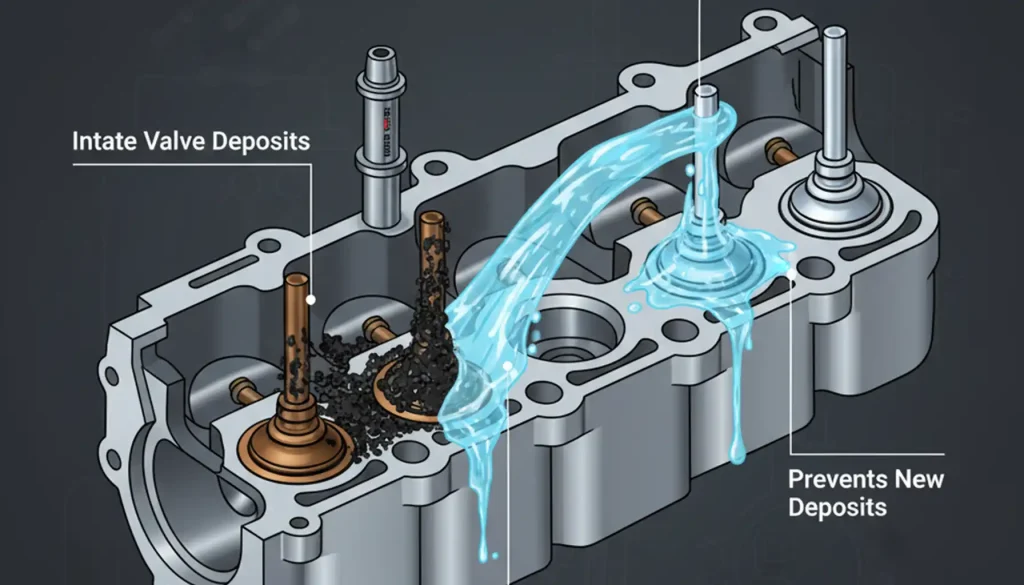
4 Cylinder Engine Oil Capacity
Grasping your 4-cylinder engine oil capacity will allow you to avoid both underfilling and overfilling — errors that will cost you thousands in repairs. The four-cylinder Hyundai engines, such as the 1.0L Kappa in the Grand i10 and the 2.0L Nu in the Elantra, normally demand from 3.5 to 4.5 liters of oil. Nevertheless, the oil manual does not mention what happens if: the UAE temperature becomes so hot that the oil expands beyond the standards. The “MAX” line on your dipstick is not a recommendation – going beyond it results in the formation of foam that causes the lubrication to deteriorate even more quickly than if the oil level is low.
The thing is, the exactness is important because contemporary Hyundai engines are equipped with variable valve timing systems that require precise oil pressure to function correctly. If there is insufficient oil, these systems will be impaired, resulting in the appearance of the check engine light and performance drop. However, if there is too much oil, crankshaft windage will mix the oil with the air, thus creating a foam that will cause air pockets to form where the oil should be for lubrication. For this reason, professional workshops are always certain of their measurements, keep their pouring to a minimum, and even double-check after the engine is warmed up and has come to rest.
6 Cylinder Engine Oil Capacity
The 6-cylinder engine oil capacity of the Hyundai 6-cylinder engines (Sante Fe, Palisade, and Genesis series) is usually between 5.5 to 6.5 liters, but a turbo variant may use more oil. The same engines are overworked in our harsh climate, they not only go the heavy vehicles through the traffic jam but also take them up very steep but at the same time maintain the cabin comfort. It isn’t only “more” lubrication that the additional oil volume is for, it is also about heat capacity. Having more oil means that the system has a bigger heat exchanger thus still allowing the engine to cool down even when you are towing a boat in Fujairah or taking a full carload up Jebel Jais.
Besides, the six-cylinder engines develop higher oil pressures and flow rates thus they need lubricants having high shear stability. The synthetic base oil molecules in top quality fully synthetic oils are structurally and chemically stable even under these extreme mechanical forces, thus they continue to maintain their viscosity during the next oil change period. Such stability becomes extremely important in the UAE where a trip from Dubai to Liwa causes temperature differences of 20°C and more, thereby severely testing the ability of the oil to protect the engine under rapid and extreme condition changes.
Conclusion
Choosing the proper engine oil for your Hyundai in the UAE is not merely another thing on your maintenance list – it is essentially a vital decision that affects the vehicle’s lifespan, performance, and stability in one of the most challenging environments for cars. In the first part of our complete guide to choose the best engine oil for Hyundai, we discuss about the most important factors affecting the engine lifespan and quality of the engine oil and Climate-Specific Considerations.
Extreme temperatures going up to 47°C, small sand particles, high humidity variations, and long-distance driving between emirates are a combination of factors that, together, can cause serious damage to engines that are not protected with the best lubrication.
Regardless of whether you are driving the crowded roads of Dubai in your i10 or going to Abu Dhabi on the highway in your Santa Fe, the significance of the use of the right viscosity grade – most of the time 5W-30 for the majority of modern Hyundai models – cannot be emphasized enough. Knowing the exact oil capacity of your engine, whether it is 3.5-4.5 liters for 4-cylinder variants or 5.5-6.5 liters for 6-cylinder powerplants, is the key to ensuring that the engine is adequately sheltered without the dangers of under or overfilling.
In the 2nd part of our complete guide of choosing Hyundai engine’s Oil, we will discuss about best options for choosing engine’s oil for various types of Hyundai vehicles and we will tell you which Oil is best for your vehicle in harsh climate of the middle eastern region.
The very conditions of the UAE call for more than just the fulfillment of the manufacturer’s specs; they require oils having a superior additive package designed specifically for the Middle East climate. This is the point where trustworthy stores like Arsintrading.com come to the rescue, providing real OEM-grade lubricants that have been put to the test and proven in Gulf conditions.
Keep in mind that the gap between a Hyundai that manages 300,000 km and another one that fails at 150,000 km is quite often the quality and the correct use of engine oil.
Here in this brutal climate, cutting engine oil costs is a risky game that rarely brings wins – spend on the preservation that is right, and your Hyundai will be giving you reliable service for a long time under the Arabian sun.
Read more About Head gasket leaking oil in Hyundai
Frequently Asked Questions
How often should I change my Hyundai’s engine oil in the UAE?
Hyundai’s global recommendation may suggest changing engine oil every 10,000-15,000 km when conditions are normal. However, due to the extreme climate, the intervals have to be much shorter in the UAE. Most car specialists advise that you should do engine oil changes every 5,000-7,500 km in the UAE, particularly if you are often in stop-and-go traffic, driving in the heat or dusty conditions. For vehicles under warranty, the manufacturer’s severe service schedule must always be followed, and that generally means changes every 5,000 km. Synthetic oils might allow the interval to be a bit longer but considering that oil deteriorates much faster in our climate, it is better to be on the safe side.
Can I use any 5W-30 oil brand in my Hyundai, or do I need to stick to specific brands?
The viscosity grade (5W-30) is the main factor, but that does not mean that you can treat all the oils of the same grade the same. The oil in your Hyundai must comply with definite API (American Petroleum Institute) and ACEA (European Automobile Manufacturers Association) specifications that are mentioned in the owner’s manual of the car. Low-SAPS formulations are important for GDI engines. It is not a must to use oil with the Hyundai brand but the oil has to be equal to or better than what Hyundai requires. The likes of Mobil 1, Castrol, Shell, and Total which are known and trusted brands, have already taken this into consideration and are hence offering products that are specifically formulated for the Middle East market and in line with the requirements. Always make sure that the oil label carries the right certifications before buying it.
what are the warning signs that my Hyundai needs an oil change in UAE conditions?
First of all, in the UAE’s rough environment, it is important to be aware of the following symptoms: dark or black oil on the dipstick (fresh oil is usually amber), burnt odor while checking the oil, louder engine noise becomes more noticeable (especially knocking), the oil change indicator light comes on, the fuel consumption increases, or there is more exhaust smoke than usual. Moreover, if between oil changes you notice that oil consumption is increasing, the engine slows down when you accelerate or the engine temperature is higher than normal, then these might be signs of oil breaking down. Don’t wait for more symptoms – if you see any of these signs, an oil change should be done immediately to steer clear of costly engine repairs.

